What is TTIP and why is it causing controversy?
The Transatlantic Trade and Investment Partnership aims to create the world's biggest free trade zone
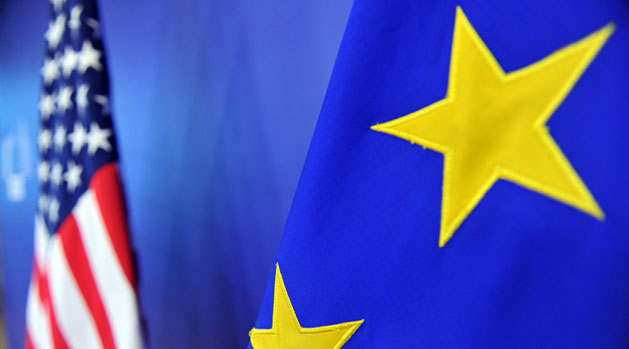
A free daily email with the biggest news stories of the day – and the best features from TheWeek.com
You are now subscribed
Your newsletter sign-up was successful
Deep rifts have surfaced in the European Parliament over what could become the world's biggest trade deal between Europe and the United States.
Yelling, booing and slow clapping were heard in the Strasbourg chamber last week after a debate over the controversial Transatlantic Trade and Investment Partnership (TTIP) was suspended.
Members of the public have also been protesting against the deal, fearing it will hand more power to large corporations at the expense of ordinary citizens.
The Week
Escape your echo chamber. Get the facts behind the news, plus analysis from multiple perspectives.

Sign up for The Week's Free Newsletters
From our morning news briefing to a weekly Good News Newsletter, get the best of The Week delivered directly to your inbox.
From our morning news briefing to a weekly Good News Newsletter, get the best of The Week delivered directly to your inbox.
So what does the deal involve and why is it so divisive?
What is TTIP?
The Transatlantic Trade and Investment Partnership is a free trade deal between the United States and Europe that has been under negotiation for almost two years. An agreement would see the dawn of the world's biggest free trade zone, shaping the rules governing a quarter of all global trade.
It aims to cut red tape, making it easier to import and export goods, as well as to invest and set up new businesses abroad. The European Commission predicts that it would boost the size of the EU economy by €120bn and the US economy by €95bn by 2027, reports the BBC. Supporters of the deal say these savings would filter back to individuals, who would also benefit from cheaper goods and greater choice.
A free daily email with the biggest news stories of the day – and the best features from TheWeek.com
Who is negotiating TTIP?
The European Commission, led by trade commissioner Cecilia Malmström, is leading negotiations with the US, but members of the European Parliament (MEPs) have the power to veto any trade deal that does not meet their demands. It also has to be ratified by the US Congress, the European Council and by the national parliaments of all 28 EU member states.
Why is TTIP taking so long?
"Negotiating trade deals takes time – sometimes several years," says the European Commission. Harmonising regulations is said to be key to the talks – which appears to be a lengthy task. Jude Kirton-Darling, Labour MEP for the North East of England, says a positive outcome on TTIP could present a "unique opportunity to regulate globalisation and to promote the high standards on which the EU prides itself". But first, she says, people's concerns must be heard – and many people think standards will be reduced to the lowest level rather than raised to the highest.
Last week, MEPs had been expected to greenlight the EU's negotiating position on the deal, but the vote and the debate were suspended amid angry scenes. Martin Schulz, president of the European Parliament, said the sheer number of amendments suggested by MEPs meant the vote should be delayed so that the revisions could be properly considered. Campaigners say the large number of tabled amendments highlights the controversy of the deal.
What are the arguments against TTIP?
Critics fear it will undermine democracy in Europe and the US by favouring the rights of large corporations and preventing governments from regulating in the public interest. The Corporate Europe Observatory, a research and campaign group, claims that 92 per cent of 560 lobby encounters with the commission have come from private sector companies, while just four per cent have come from public interest groups.
Campaigners in Europe think EU regulations on areas such as food safety, employment rights and the environment could be watered down. "TTIP is a huge threat to hard-fought-for standards for the quality and safety of our food, the sources of our energy, workers' rights and our privacy," says Green Party leader Natalie Bennett. For example, she fears that by harmonising food standards, the UK would be forced to allow chemically washed poultry, livestock treated with growth hormones, and genetically modified crops – which are all allowed in the US. More than two million people have signed an online petition against the deal, describing it as a "threat to democracy, the environment, consumers and labour standards".
Opponents say the guarantee of market access effectively outlaws state monopolies, which could pose a risk to government-run services such as the NHS. Critics have serious concerns about transparency and a clause called the Investor State Dispute Settlement (ISDS), which they claim would allow corporations to sue governments in private. 38 Degrees, an activist group campaigning against the deal, says its details are being "worked out in secret" and will allow big corporations to take governments to court behind closed doors.
What do negotiators say?
EU officials behind the negotiations insist TTIP would uphold current EU standards and leave governments free to run public services as they wish. Negotiators are being "as transparent as possible" and have published fact sheets explaining every chapter of the TTIP, they say. Negotiators also want to tighten up existing ISDS regulation for settling disputes between foreign firms and governments, with public access to hearings. But judging by the ongoing campaigns against TTIP, it appears many don't entirely trust the EU's claims.
-
 Buddhist monks’ US walk for peace
Buddhist monks’ US walk for peaceUnder the Radar Crowds have turned out on the roads from California to Washington and ‘millions are finding hope in their journey’
-
 American universities are losing ground to their foreign counterparts
American universities are losing ground to their foreign counterpartsThe Explainer While Harvard is still near the top, other colleges have slipped
-
 How to navigate dating apps to find ‘the one’
How to navigate dating apps to find ‘the one’The Week Recommends Put an end to endless swiping and make real romantic connections
-
 Is the EU funding Russia more than Ukraine?
Is the EU funding Russia more than Ukraine?The Explainer EU remains largest importer of Russian fossil fuels despite sanctions aimed at crippling Kremlin's war effort
-
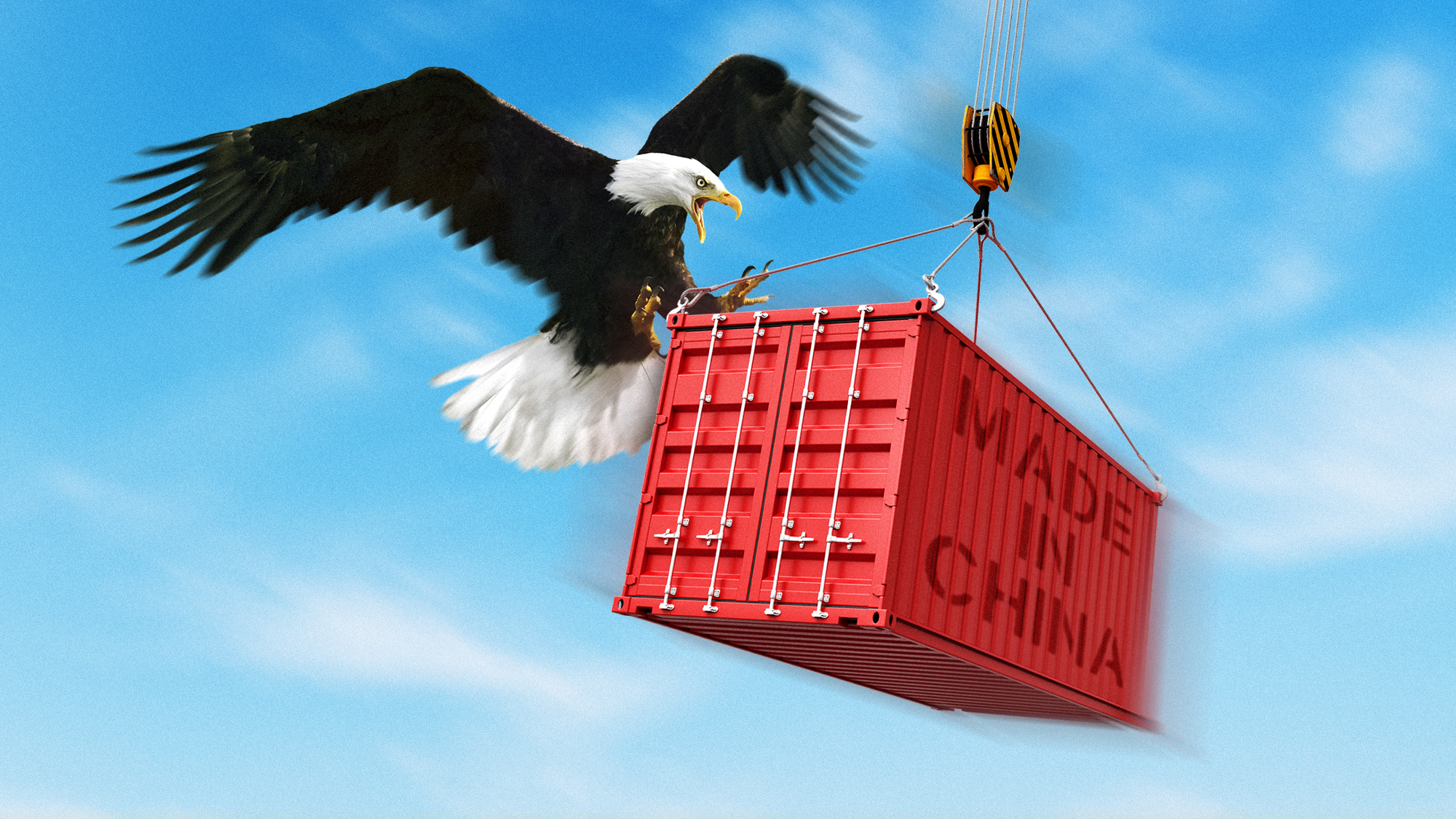 Trump's tariffs: is EU's retaliation the best move?
Trump's tariffs: is EU's retaliation the best move?Today's Big Question Global US levy on steel and aluminium imports has the EU hitting back but the UK keeping options open
-
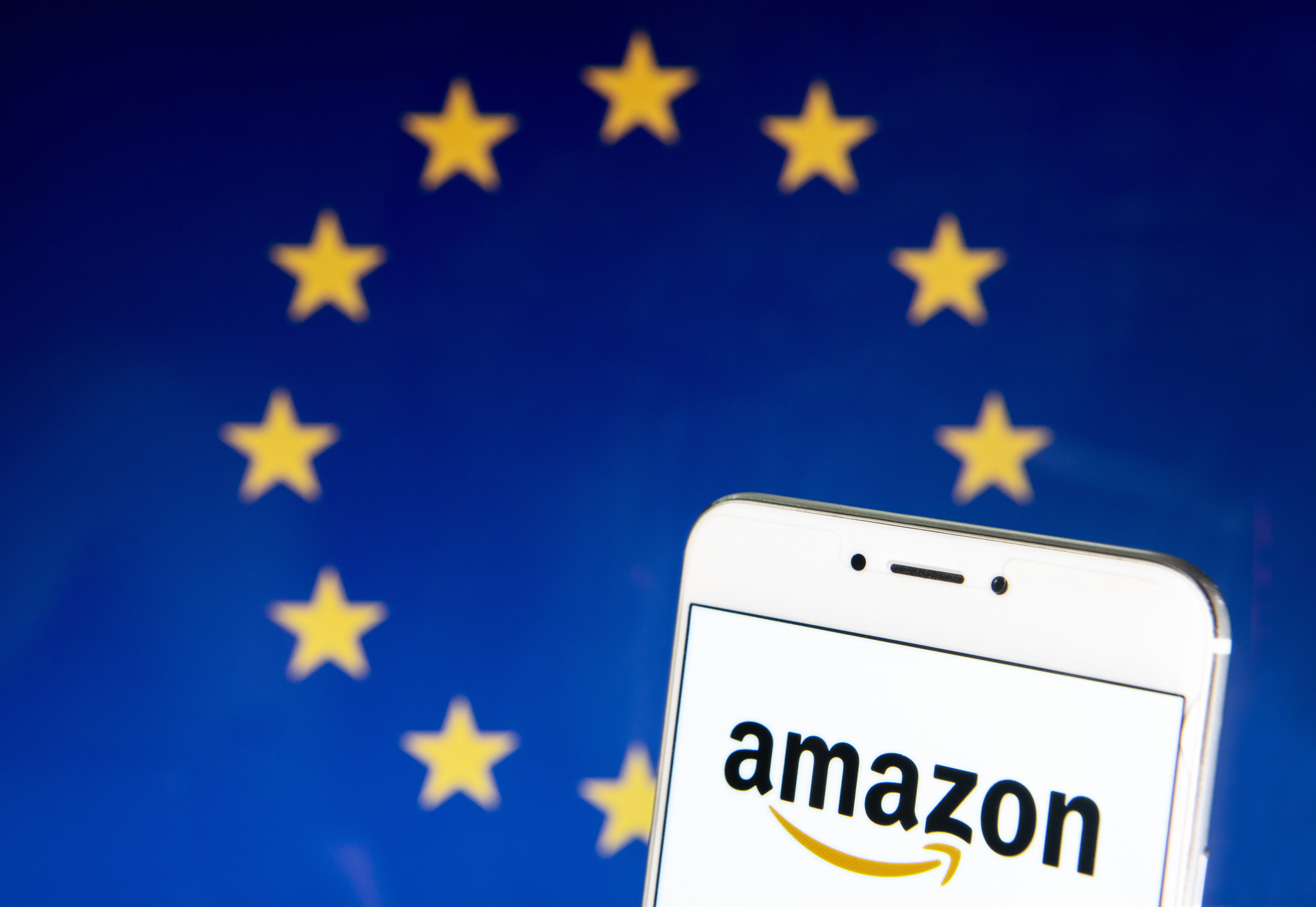 European Commission opens Amazon antitrust probe
European Commission opens Amazon antitrust probeIn Depth Brussels wants clarity on whether Amazon undermines competition with its position as both retailer and marketplace
-
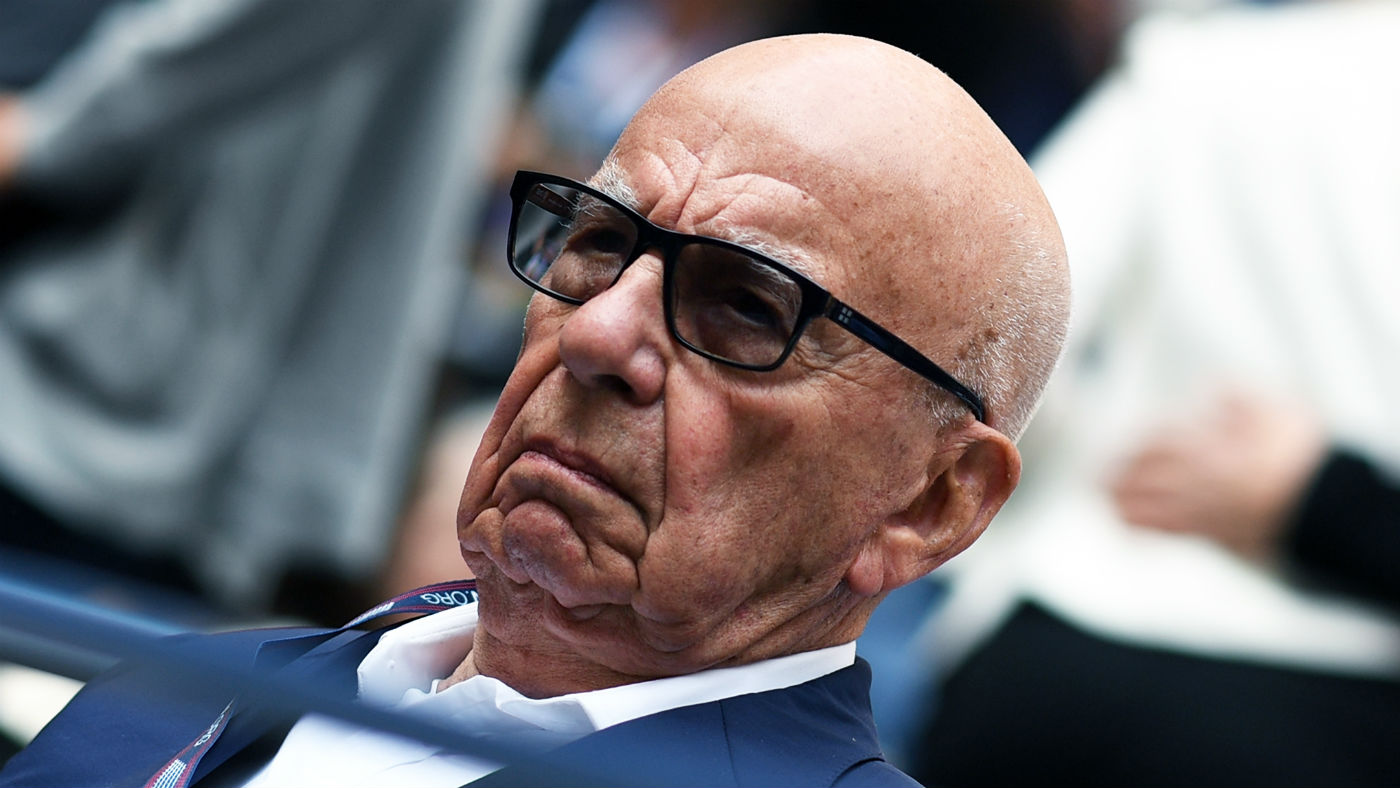 Murdoch’s Fox offices raided as EU probes sports rights ‘cartel’
Murdoch’s Fox offices raided as EU probes sports rights ‘cartel’Speed Read Seizure of files from London HQ raises new questions about media mogul’s potential takeover deals
-
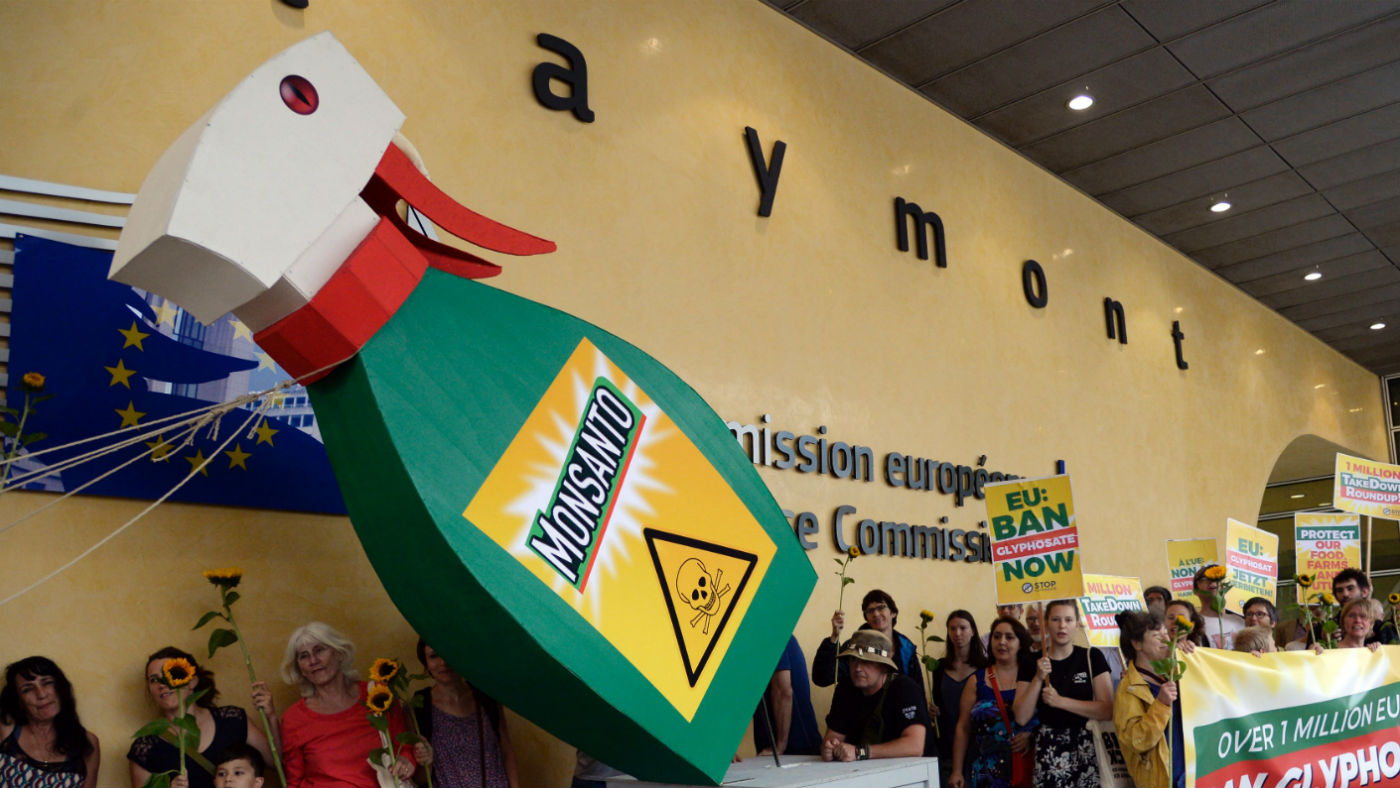 Monsanto lobbyists banned from EU parliament
Monsanto lobbyists banned from EU parliamentSpeed Read Agrochemicals giant barred after refusing to attend meeting on glyphosate
-
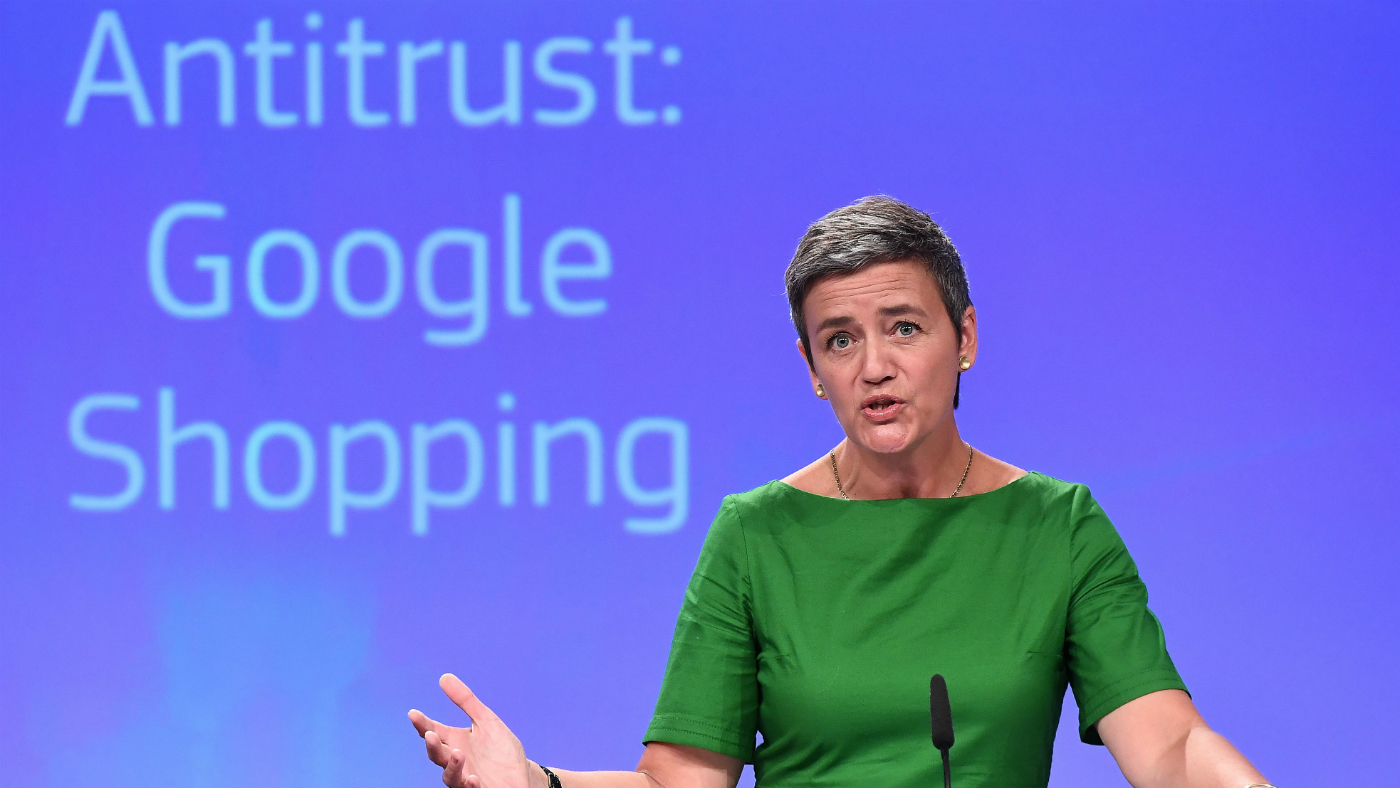 Does Google deserve its big fine?
Does Google deserve its big fine?In Depth Critics say the record-breaking €2.4bn levy is motivated by politics and not anti-competitive conduct
-
 EU-US TTIP trade deal 'effectively dead'
EU-US TTIP trade deal 'effectively dead'Speed Read Brexiters say collapse of Transatlantic Trade and Investment Partnership could benefit the UK
-
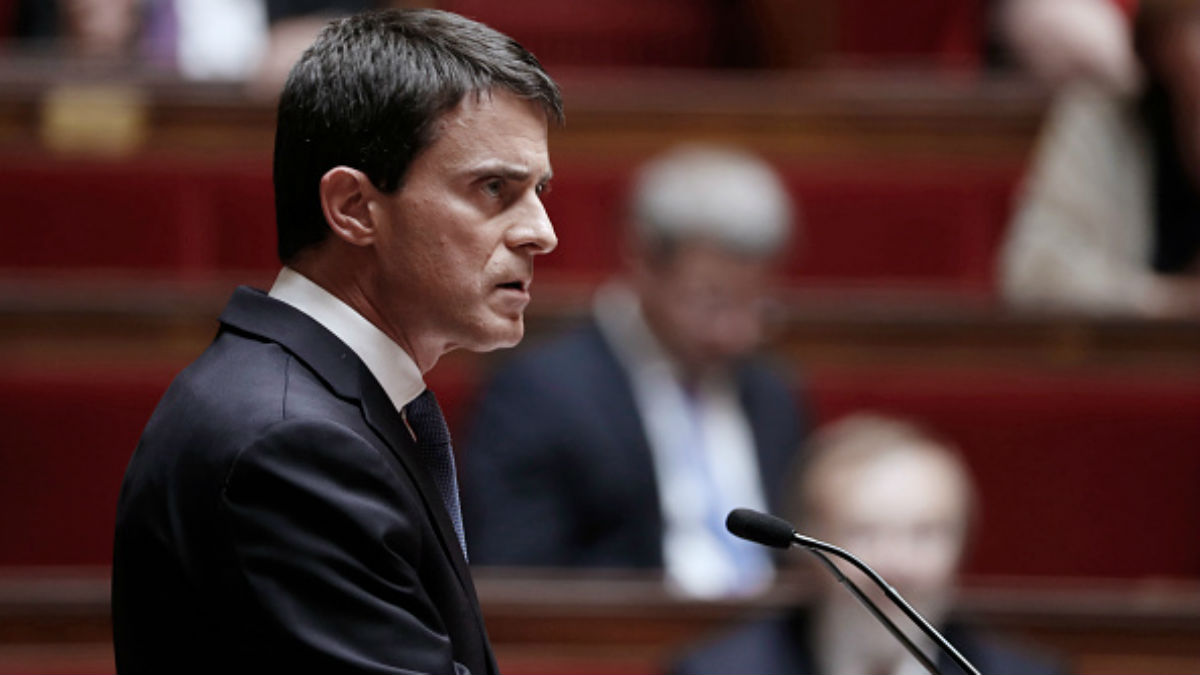 Has France put an end to TTIP trade deal?
Has France put an end to TTIP trade deal?In Depth Prime Minister Manuel Valls tells governing Socialist Party arrangement goes against the EU's interests